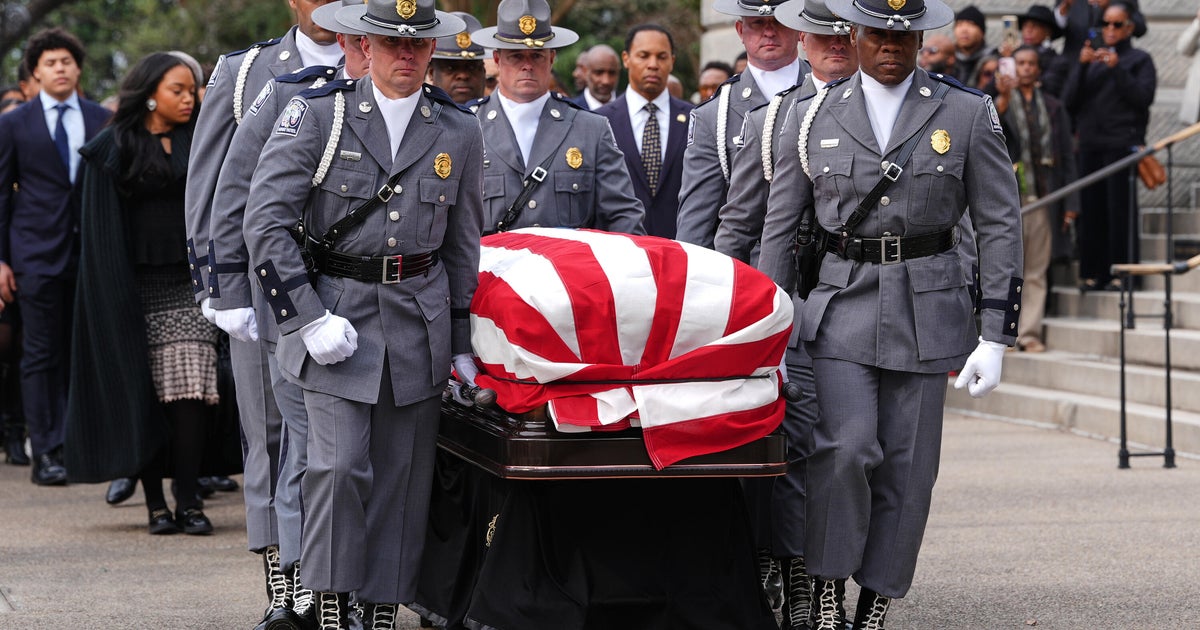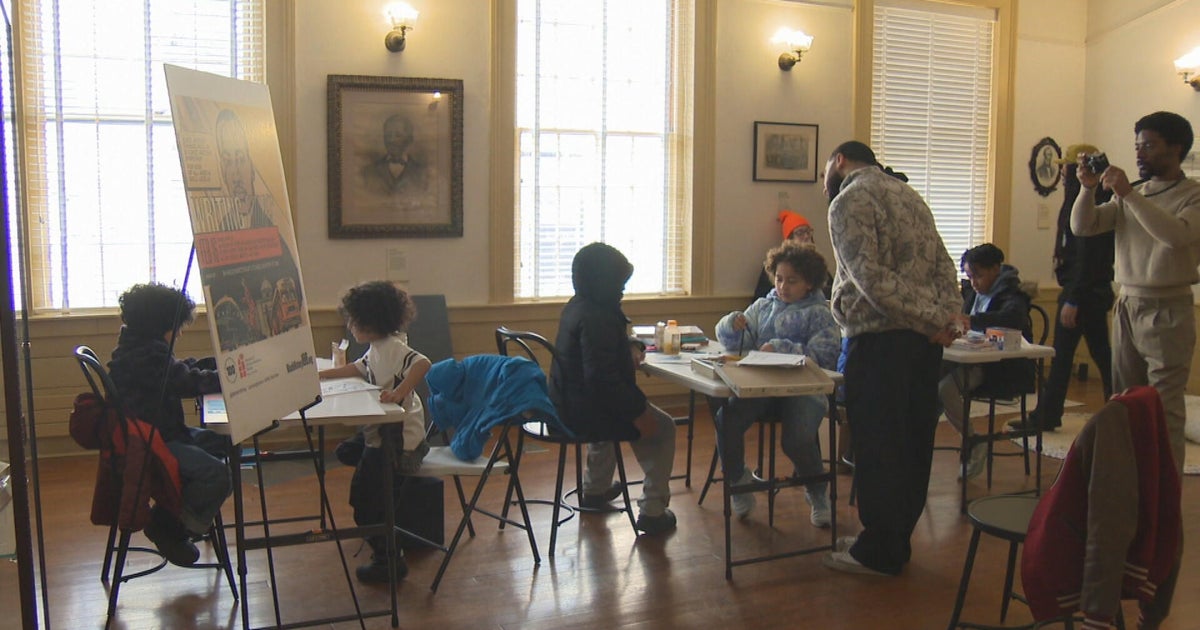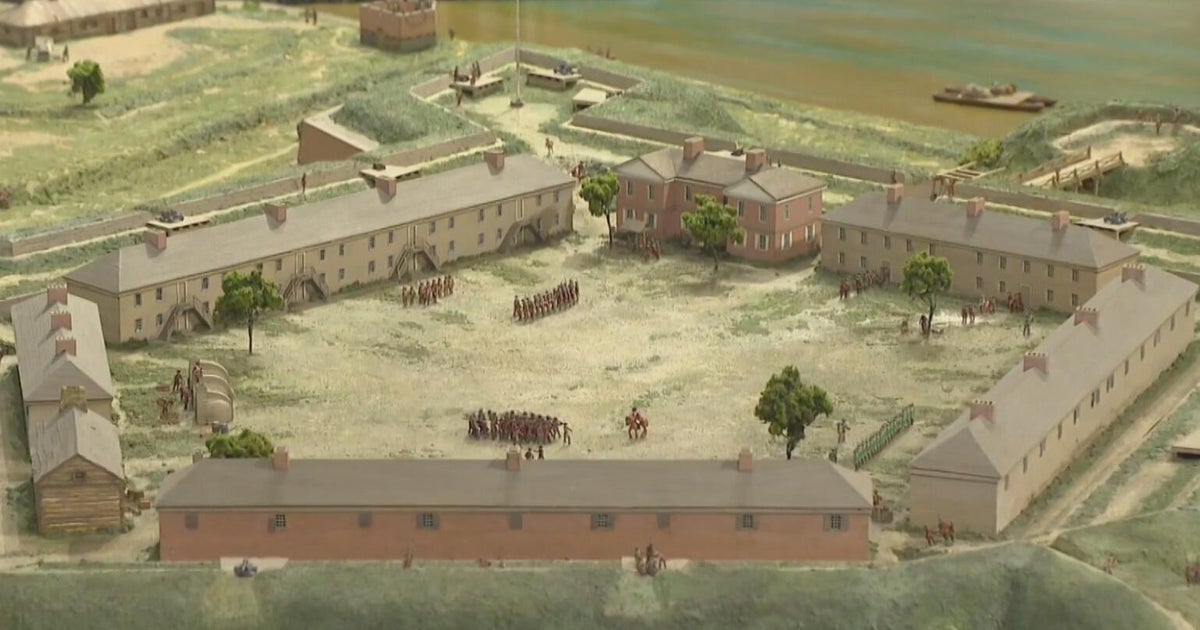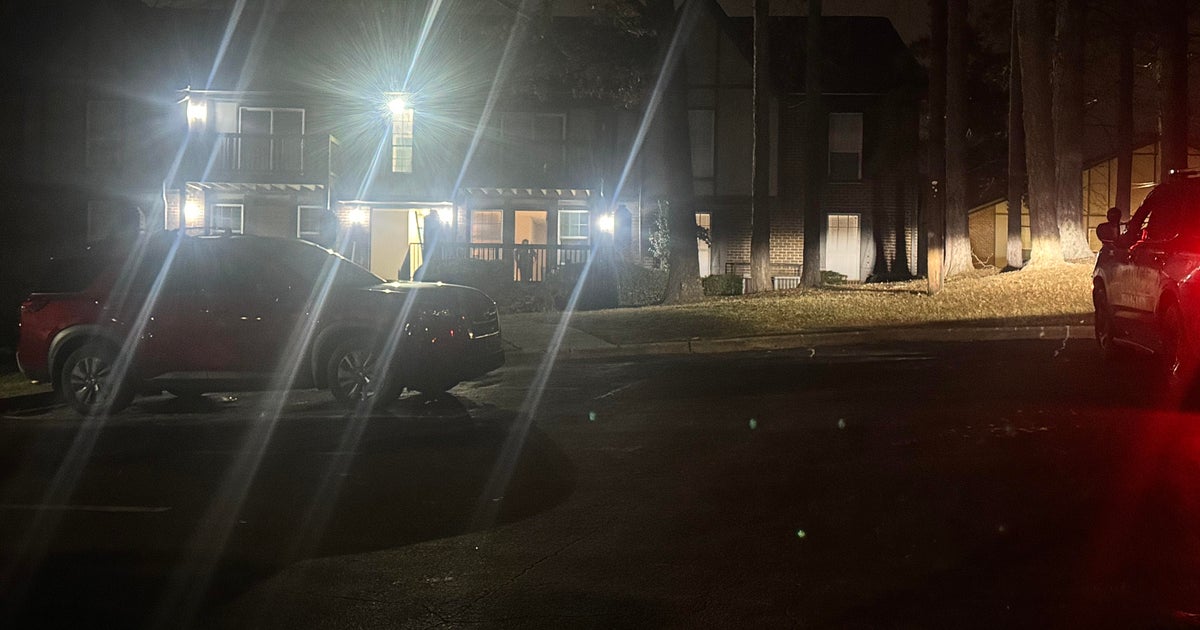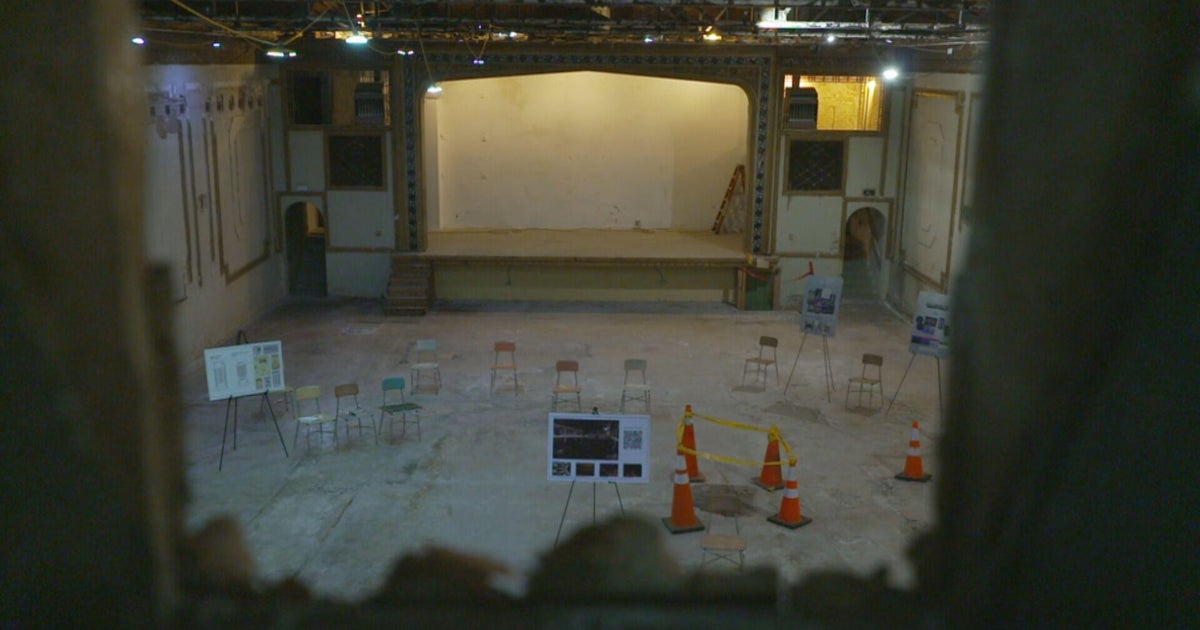A Look Back At The Civil Rights Act In Dallas
DALLAS (CBSDFW.COM) - CBS 11 News is taking time to remember the 50th anniversary of the passage of the Civil Rights Act. The action was one part of the long journey to end racial segregation in the city of Dallas.
When talking to those who lived through the struggle for equality memories of the city vary. For Dallas and the nation it was a Dallas of duality. There was a life for whites and a life for blacks.
Eva McMillan recalled that, "If I wanted to buy a dress I could not try on that dress in that store."
Julia Jordan thinks back on the attitudes of whites. She said the mentality was, "Anyway I can put you down I will do it."
Brenda Fields says it was a very defined era. "That was the way of life, and to a greater extent, that was the law."
The Dallas landmarks that still stand today -- a theatre, a fairgrounds, a retail fashion legend, -- were all establishments that enabled and enforced the unequal system of racial segregation.
Fifty years ago and beyond, the women who spoke with CBS 11 were all part of active efforts to access Dallas life in the same manner as Dallas' white citizens. And they were all engaged in Dallas' fight for civil rights.
"We did picketing, even did sit-ins," Fields recalled. "A big emphasis was on Negro Achievement Day at the State Fair of Texas."
Mrs. Jordan felt the independent mission was clear. "We are not going to stand on the shoulders of those people in Alabama, Georgia, Mississippi. We are going to march in Dallas."
The Dallas battleground for civil rights included protests downtown, and in federal courtrooms. But in 1961, city leaders defined the era as Dallas at the crossroads.
A film, produced by Dallas businessmen, urged residents to avoid the violence of other southern cities and encouraged residents to embrace a gradual shift toward equal access for blacks.
Author, historian, journalist and retired Southern Methodist University professor Darwin Payne recounts the other Dallas duality...the push for civil rights by black residents and the gradual, yet dragging acceptance by whites that came eventually.
"Now, this film talked about the need for Dallasites to obey the law, it's the federal law, we must obey it. We must protect the city's reputation."
The signing of the civil rights bill that prohibited segregation of public places, and banned employment discrimination based on race, religion or national origin would become the national affirmation against a legacy of racial bias.
For these women, who fought for equal treatment, even the election of the nation's first black president doesn't give them assurance. They said, "We've come a long way, but we still got a long way to go."
For Brenda Fields the 1964 Civil Rights Acts symbolized something quite simple, something that no longer shared Dallas' duality. "I told my sister, 'let's go to the fair today, any day we want to go.' As a young person, that's what I was excited about."
After having arrived in Texas on April 9 to attend a memorial for the victims killed in last weeks shooting at Fort Hood, Thursday, President Barack Obama and first lady Michelle Obama will be in Austin, where the President will give the keynote address a summit marking the 50th anniversary of the Civil Rights Act.
(©2014 CBS Local Media, a division of CBS Radio Inc. All Rights Reserved. This material may not be published, broadcast, rewritten, or redistributed.)
Latest News:
Top Trending:
- PHOTOS: Your Pet Pictures


